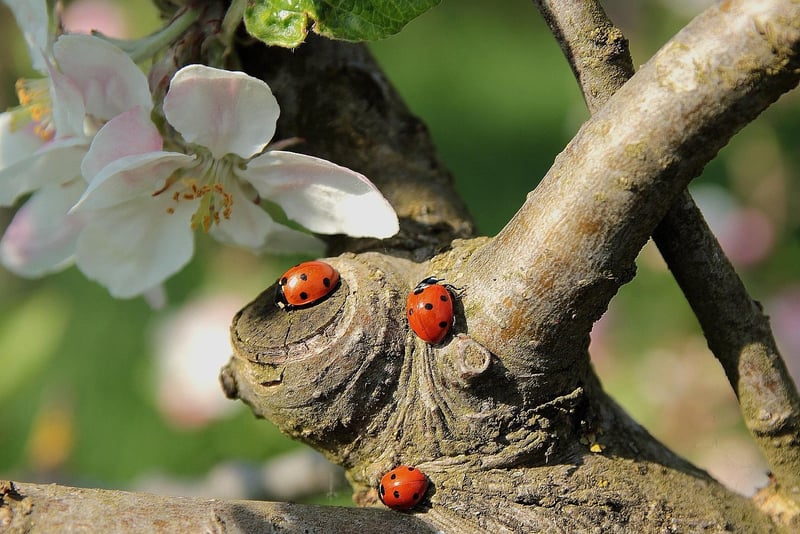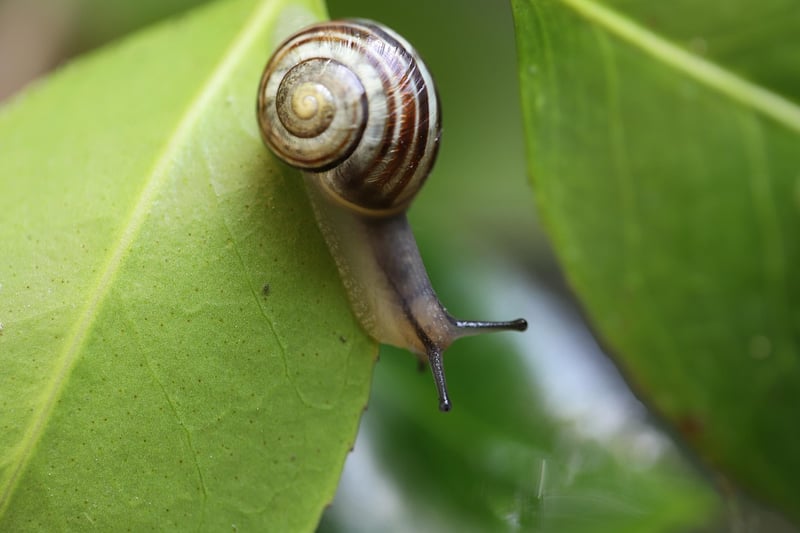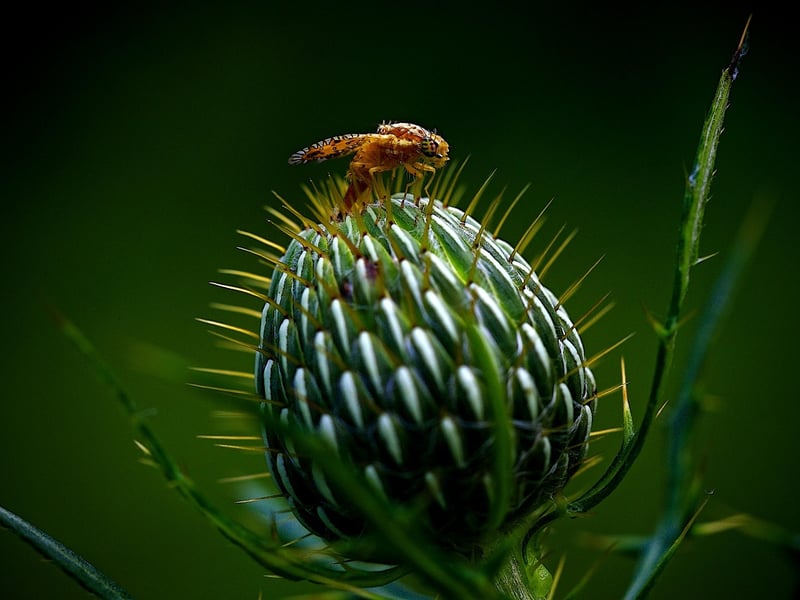Common Garden Pests
Protecting Your Garden from Common Pests
Having a beautiful garden is a joy, but it can be frustrating when pests invade and wreak havoc on your plants. To maintain a healthy garden, it's essential to be proactive in protecting it from common pests that can cause damage. Here are some tips to help you keep your garden pest-free:
1. Choose Resistant Plants
One of the best ways to prevent pest infestations is by selecting plants that are naturally resistant to common garden pests. Research which plants are less susceptible to pests in your area and consider incorporating them into your garden.
2. Practice Crop Rotation
Rotate your crops each season to prevent the buildup of pests that target specific plants. By changing the location of your crops, you can disrupt the life cycle of pests and reduce their impact on your garden.
3. Use Natural Predators
Encourage natural predators like ladybugs, lacewings, and birds to frequent your garden. These beneficial insects and animals feed on common garden pests, helping to keep their populations in check without the need for chemical pesticides.
4. Mulch and Compost
Adding organic mulch and compost to your garden not only improves soil health but also creates a barrier that can deter pests. Mulch can smother weeds and create an inhospitable environment for pests, while compost attracts beneficial microorganisms that can help protect your plants.
5. Regularly Inspect Your Plants
Be vigilant and inspect your plants regularly for signs of pest damage. Early detection can help you address pest issues before they escalate and cause significant harm to your garden. Look for chewed leaves, discolored patches, and other symptoms of pest infestations.
Common Garden Pests
- Aphids: These small insects feed on plant sap, causing leaves to yellow and distort.
- Slugs and Snails: These pests can devour young seedlings and tender plants overnight.
- Caterpillars: The larvae of butterflies and moths, caterpillars can defoliate plants if not controlled.
- Spider Mites: These tiny pests suck sap from plants, causing leaves to stipple and turn yellow.
- Whiteflies: These small insects feed on plant sap and can transmit plant diseases.
By following these tips and staying proactive in your pest management efforts, you can protect your garden from common pests and enjoy a thriving, healthy garden all season long.
Remember, a little prevention can go a long way in maintaining a pest-free garden!


